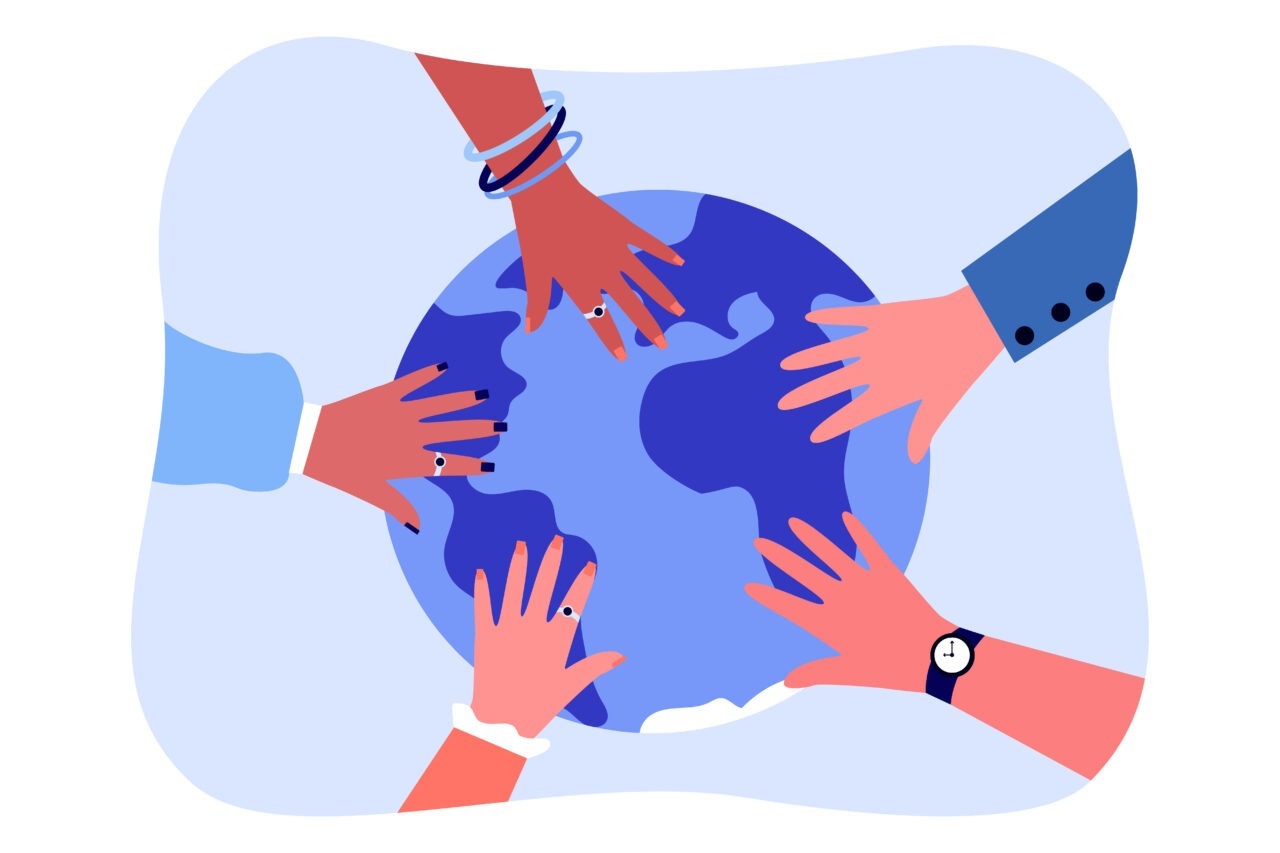
Human beings tend to favour those closest to them: family members, friends, and members of the group to which they belong. If one has to make a donation, a gift, to favour someone with one's vote, one usually tends to choose this inner circle. In modern communities and institutions, however, each group does not interact in a vacuum, but in a larger society that contains both specific local groups and global groups. Sometimes, for the collective good, it would be better for people to overcome the instinct to choose the local 'particularism', and move towards the larger group. But under what conditions are people able to overcome innate selfishness, and opt for altruism?
How social dilemmas are studied
A recent study by researchers from the IMT School for Advanced Studies Lucca and the University of Pisa investigates precisely this question. To study the mechanisms of interaction between groups, the scholars used a model called the public goods game. "It is an experimental situation that represents a social dilemma, a situation of conflict between one's own self-interest, which pushes towards the choice of not contributing at all to the public good, and the common interest, which would lead everyone to contribute as much as possible to the public good," explains Veronica Pizziol, a PhD student in economics at the IMT School. "People have to decide, in our case in an online experiment, whether and with how much money to contribute to a common project, which represents the public good, and which gives a return to everyone, even to those who have not contributed at all."
Selfishness versus altruism
In the study Multilevel Public Goods Game: Levelling up, Substitution and Crowding-in Effects, the researchers divided the participants into two groups, each consisting of four individuals, and confronted them with choices that could favour either their own group, or the collective group consisting of both groups. The results show evidence of both prosociality of a parochial nature and prosociality of a universal nature, even in cases where one choice is less beneficial to oneself than the other. For example, some people contribute to the global public good even when this provides a lower return than the local public good. These people may be motivated by universalist values that disregard efficiency considerations. On the contrary, there are cases of contributions to the local public good when it is less efficient than the global one, i.e. when for the same individual marginal returns, it guarantees a lower collective return because fewer people benefit from it (the local group is smaller, by definition). Such individuals may be driven by so-called local particularism, which discourages the implementation of behaviour that benefits those outside their closest reference group. In any case, the results clearly show that local particularism is largely overcome when the global public good is at least as attractive as the local one in terms of collective returns: in other words, when the global good is as efficient as the local one.
When the collective good prevails
This study is a further example of what behavioral economics suggests, namely that humans often behave in ways that benefit other people, even at the cost of paying a cost to themselves," Pizziol explains. "The homo oeconomicus model, characterized by the exclusive interest in one's own individual benefit, has long been considered unrealistic for describing people's behavior and choices. Homo socialis is also characterized by an interest in what happens to others". One can think of the shipwreck of the Titanic as an example: the majority of people on board lost their lives to let women and children be saved by the available lifeboats. Another example is volunteer work for the collective good, such as urban regeneration activities or waste collection in public spaces. Or blood donors, who often save the lives of people they do not know.
These are only apparently abstract concepts, but in reality they have very concrete effects that politicians and administrators would do well to begin to understand in depth. One example is healthcare: for a national healthcare system to be chosen, there must be a perception that it is more efficient than a regional one. The same applies to the fight against climate change, which could be far more efficient if conducted at a global level. The risk is that individual local territorial entities fail to think beyond their own 'neighborhood'.
Chiara Palmerini